Why Enjoying Scent is Important
“Is there any point in wearing perfume these days?” asked one of my readers, arguing that in our socially distant reality, perfume is becoming an irrelevant accessory. My first thought was that since we wear perfume for ourselves, being alone or in a crowd doesn’t change the pleasure it gives us. (I also wanted to point out that right now is the best time to wear perfume, since fewer people might complain about it.) Yet, the question had another layer to it, and it was about the order of priorities. How important is the enjoyment of scents now when we face a crisis?
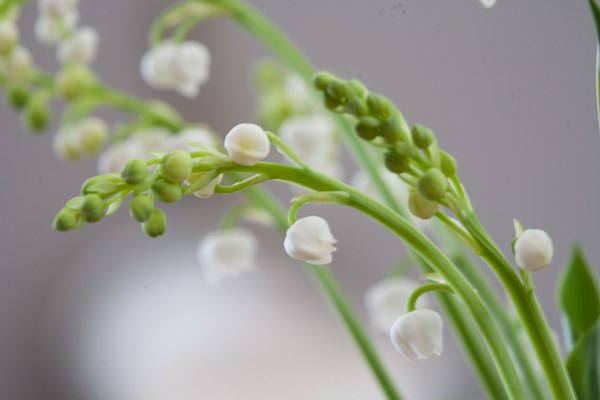
First, let me separate perfume as a luxury product from the idea of enjoying scents. Anyone can spend a moment of their day smelling something beautiful–blooming flowers, a cup of coffee, their baby’s hair, and doing so consciously is what makes these pleasures more intense. The reason I started recording videos teaching smelling techniques is because paying more attention to our sense of smell is vital for our physical and mental health. A large fraction of our genetic makeup is devoted to olfaction. Our sense of smell is neither “primitive” nor “dispensable.” As anyone suffering from anosmia, the loss of the sense of smell, can testify, food and intimacy become bland when the scent component is gone.
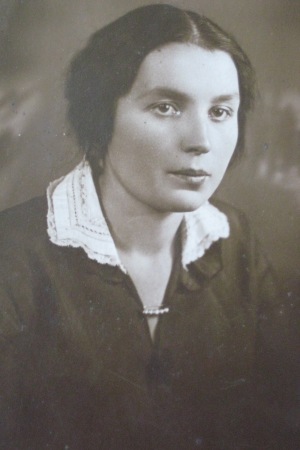
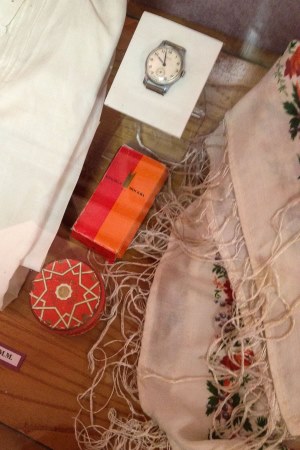
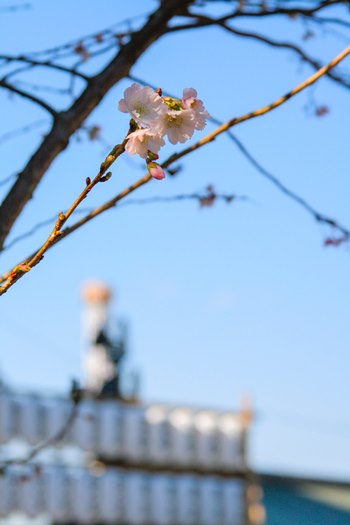

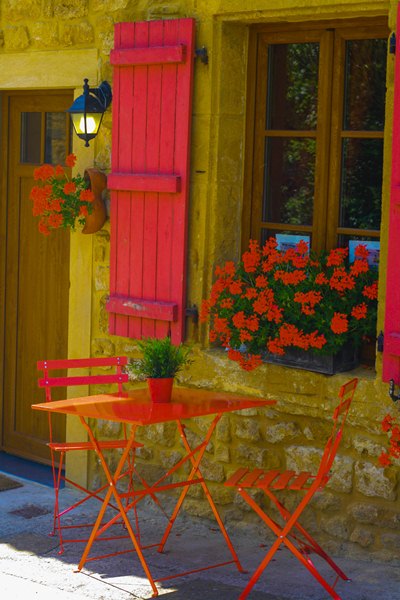










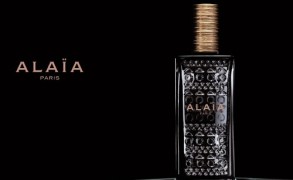
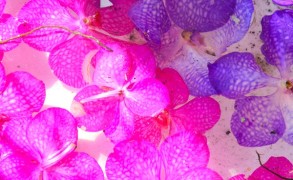

Joi in Giorgio Armani Mania : Long Lost Favorite Perfume: Yes!! January 25, 2024 at 2:54am